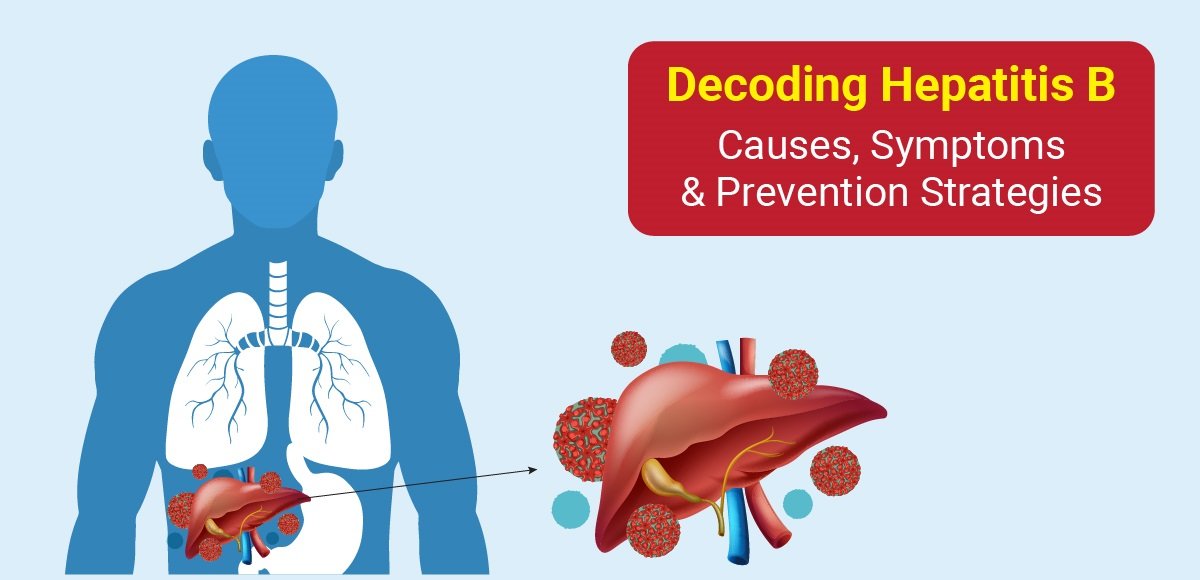Hepatitis refers to inflammation of the liver, which can be caused by various factors including viral infections, alcohol consumption, autoimmune diseases, and certain medications or toxins. Viral hepatitis, particularly hepatitis A, B, and C, is among the most common causes of hepatitis worldwide.

Causes:
– Hepatitis viruses (A, B, C, D, and E)
– Excessive alcohol consumption
– Autoimmune diseases
– Certain medications or toxins
– Metabolic disorders – Non-alcoholic fatty liver disease (NAFLD) and non-alcoholic steatohepatitis (NASH)

Symptoms:
– Fatigue
– Jaundice (yellowing of the skin and eyes)
– Abdominal pain or discomfort
– Nausea and vomiting
– Loss of appetite
– Dark urine
– Clay-colored stools
– Joint pain
– Fever
– Enlarged liver or spleen
Prevention:
– Vaccination: Vaccination against hepatitis A and hepatitis B can help prevent these viral infections.
– Practicing good hygiene: Proper handwashing and avoiding contaminated food and water can reduce the risk of hepatitis A and E.
– Safe sex practices: Using condoms can help prevent the transmission of hepatitis B and hepatitis C.
– Avoiding sharing needles or personal items: Sharing needles or personal items such as razors or toothbrushes can increase the risk of hepatitis B and hepatitis C transmission.
– Limiting alcohol consumption: Excessive alcohol consumption can contribute to liver damage and increase the risk of alcoholic hepatitis.
– Screening and early detection: Regular screenings for hepatitis B and hepatitis C can help identify infections early and prevent complications.
Treatment:
– Treatment for hepatitis depends on the underlying cause and severity of the condition.
– Antiviral medications: Antiviral drugs may be prescribed to treat hepatitis B and hepatitis C infections.
– Supportive care: Supportive measures such as rest, adequate nutrition, and hydration are important for managing symptoms and promoting recovery.
– Lifestyle modifications: Making lifestyle changes such as avoiding alcohol, maintaining a healthy diet, and exercising regularly can help improve liver health.
– Monitoring and follow-up: Regular monitoring of liver function tests and follow-up appointments with a healthcare provider are essential for managing hepatitis and preventing complications.
Individuals in Gorakhpur seeking expert care for hepatitis can consult Dr. Deepak Chandra Srivastava, a highly respected physician known for his expertise in treating liver diseases and providing compassionate care to patients. Dr. Deepak Chandra Srivastava’s extensive experience and commitment to excellence make him a trusted choice for individuals seeking the best doctor for comprehensive hepatitis management and personalized treatment plans.
